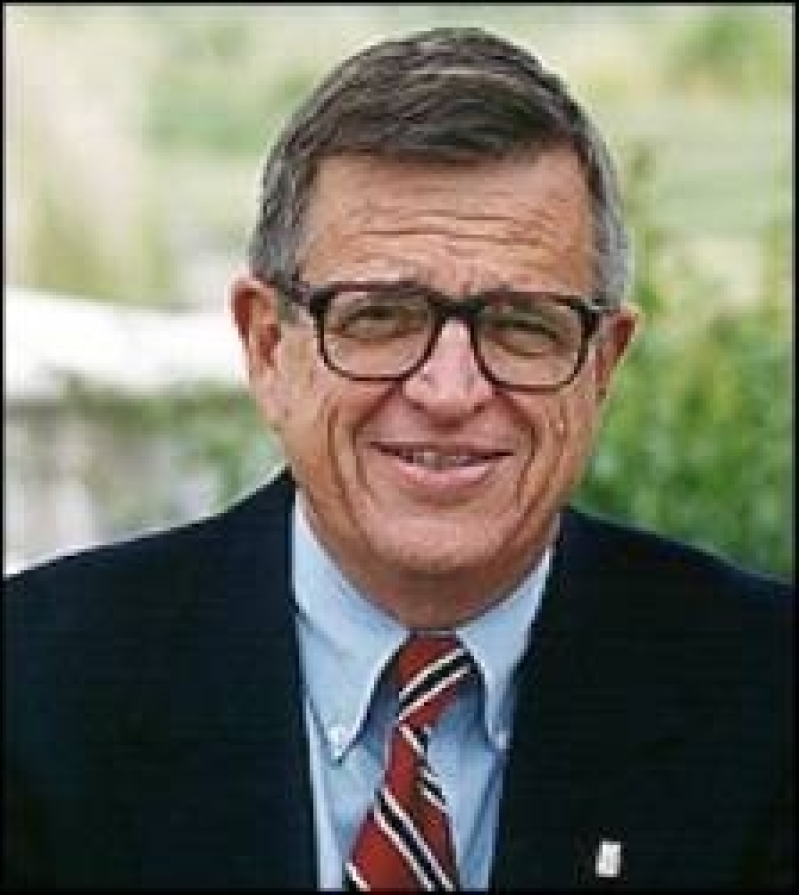
As Americans observe Martin Luther King Day today, I am reminded of the rich Christian tradition of activism in this country. For millions of Christians who have gone before us, activism was considered fruit of the faith. Not only was the civil-rights movement led by evangelical Christians like Dr. King, so too were campaigns for abolition and women’s suffrage heavily influenced by Christians expressing their faith.
But for much of the twentieth century, Christians—especially white evangelicals—shied away from activism. Part of the reason is that from about the 1920s to the 1970s, many evangelical Christians simply withdrew from the public square. Defeats in Prohibition and the discouraging results of the Scopes trial left many evangelicals disheartened. Soon the rich activist tradition was lost or divorced from true faith.
But in the African-American community, Christian principles and hopes prodded the rise of the civil-rights movement. It was not until the ’80s with the rise of the Moral Majority, that activism began to resurface among white evangelicals. Unfortunately, as Tim Stafford notes in his new book, Shaking the System, by then, “The very idea of Christians advocating for public causes created panic among secularists and dreams of utopia (a long-lost Christian America?) among true believers.”
This is why I like Stafford’s book so much: It draws from the rich history of Christian involvement to revive that lost knowledge of what it looks like to be a Christian activist.
True Christian activism, Stafford writes, always begins with the truth. “That means,” Stafford says, that “the true activist is a witness, anxious to pass on truth to others.” This is how the abolition movement began in the United States. About 30 years before the Civil War, the truth that slavery was a sin began to break through the consciousness of more and more Americans.
Soon all activists, however, learn that not everyone can handle truth. That is why a second thing that any Christian should know about engaging the world with a Christian worldview is to expect resistance. When truth collides with the status quo, Christian activists had better know where their ultimate hope lies.
Christians must also have a strategy for shaking the system: from prayer to dialogue, from political involvement to pressure tactics such as boycotts and strikes.
But above all, like Dr. King, the activist must possess courage and an unyielding faith in the God of justice. Injustice does not loosen its grasp easily. We must be prepared for a long haul, drawing on the rich resources of community and that abiding hope and passion for truth. And we must avoid violence: in our rhetoric and our actions. As Martin Luther King reminded those who gathered at his home after it had been bombed, “Don’t get panicky. . . . I want you to love our enemies. Be good to them. This is what we must live by. We must meet hate with love.”
So if the life of an activist holds so much discouragement and risk, why get involved at all? Because a Christian understanding of the world compels us to combat injustice and promote truth. That is a thought worth reflecting on, especially on Martin Luther King Day—a man who exhibited those qualities.
This commentary originally aired January 21, 2008.
_______________________________________________________
From BreakPoint®, January 19, 2009, Copyright 2009, Prison Fellowship Ministries. Reprinted with the permission of Prison Fellowship Ministries. All rights reserved. May not be reproduced or distributed without the express written permission of Prison Fellowship Ministries. “BreakPoint®” and “Prison Fellowship Ministries®” are registered trademarks of Prison Fellowship







